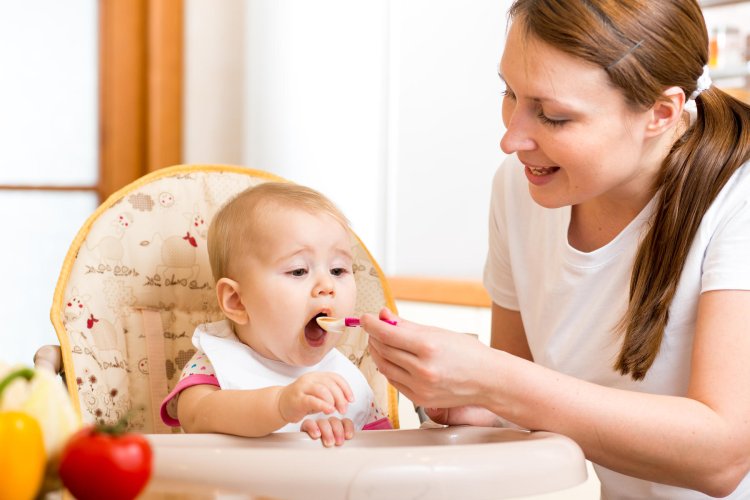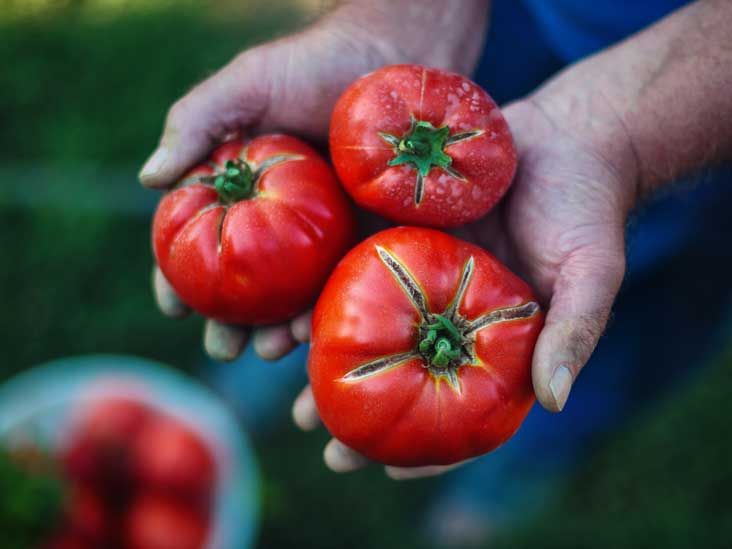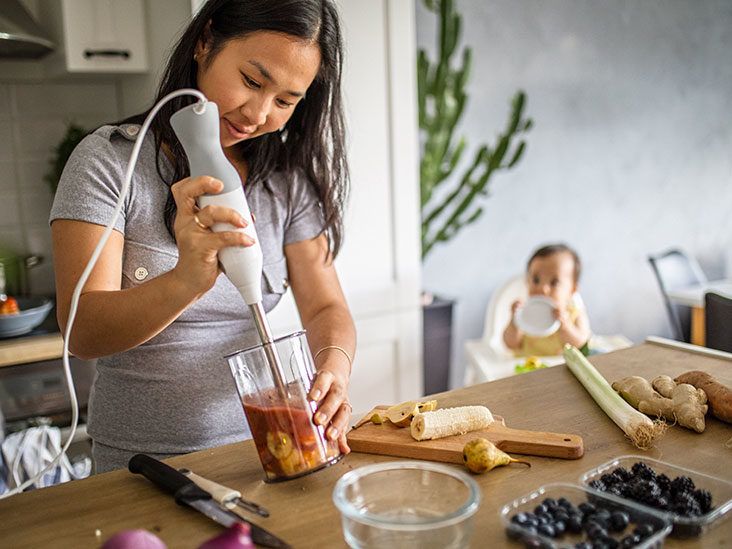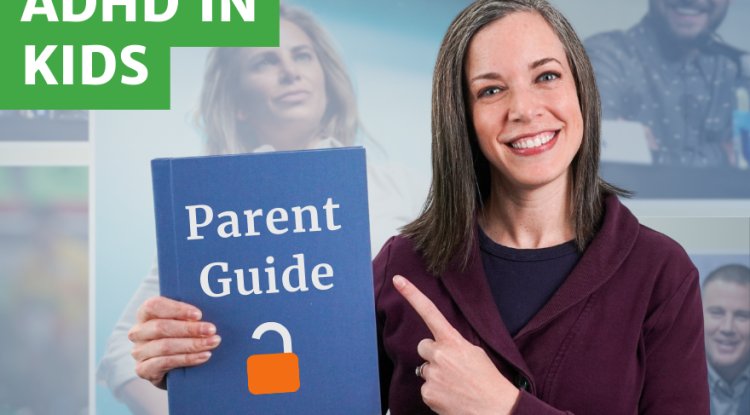Heavy Metals in Infant Food: Important Information for All Parents
You would think that in a world with lab-grown diamonds and self-driving vehicles, we would have figured out how to preserve something as holy as infant food free of pollutants. Nevertheless here we are.

Many commercial baby foods contain dangerously high levels of heavy metals like arsenic, lead, cadmium, and mercury, according to a shocking report from the U.S. House Committee on Oversight and Reform. Yes, those adorable tiny jars and pouches contain the same chemicals that we associate with environmental catastrophes and outdated paint cans.
Which Brands Does the Report Name?
Four well-known brands of baby food were the subject of the investigation:
Beech-Nut
Hain (Earth's Best)
Gerber
Nurture (HappyBABY)
It was discovered that the products of all four included cadmium, lead, and arsenic. Nurture was the only one to test for mercury, and it found it, frighteningly.
Campbell's (Plum Organics), Walmart, and Sprout were the other three big firms who refused to give their internal data. And that quiet says a lot. Because a few wayward batches are not the only issue here. It concerns a flawed system that is devoid of both enforced safety regulations and transparency.
However, is not organic food meant to be safer?

One would hope. However, "organic" does not imply the absence of heavy metals. In actuality, brown rice, a grain that is naturally high in arsenic due to its cultivation methods, is a component of many organic baby foods.
Compared to white rice, brown rice keeps more of its outer layer, which is excellent for fiber but less so when that layer absorbs arsenic from the soil.
For this reason, the FDA and American Academy of Pediatrics (AAP) have long advised limiting infants' exposure to rice-based products.
What Are Parents Able to Do Now?
Parents are left to fend for themselves until regulations catch up. You can, however, take precautions to lessen your baby's exposure to dangerous heavy metals and confidently feed them.
1.Change Up Their Diet

Serve a rainbow of whole foods, such as lentils, apples, peas, avocados, and sweet potatoes. Less accumulation from any one source means a more expansive menu.
2. Give Grains Another Look
The gold standard for first solids was once rice cereal. Now? Not at all. Instead, try millet, quinoa, barley, or oats.
If you do prepare rice, make sure to rinse it well, boil it in extra water, and then drain it. This easy method can drastically lower the amount of arsenic in the rice.
Bonus tip: Compared to other types, white basmati and sushi rice, particularly that from the United States and India, typically have lower levels of arsenic.
3. Prepare Your Own Infant Food

Gourmet baby food is not necessary when making it at home. Combine soft-cooked lentils, mashed banana, and steamed carrots, then freeze in ice cube trays to create portion-controlled, toxin-conscious meals.
4. Avoid Fruit Juices
even those that are organic. In addition to being high in sugar and having little nutritional value for infants, many juices particularly those from apples and grapes have been found to contain heavy metals.
5. Check the Water
Surprisingly, older homes still have lead pipes. If necessary, use a certified water filter, particularly when cooking baby food or mixing formula with tap water.
6. Pick Your Fish Carefully
Though not all fish are made equal, fish is brain food.
In moderation, choose wild salmon, pollock, cod, or light tuna.
What Governmental Actions Are Being Taken?

However, development is sluggish, and parents currently bear the majority of the responsibility for making wise choices.
It should not be like this.
Parents should not have to interpret food labels as coded signals or worry that neurotoxins may be present in their infant's first bites. The public's trust, parents' sanity, and above all the preservation of the next generation's developing brains make food safety more than merely a legislative concern.
The bottom line is that while we cannot shield our kids from the outside world, we can advocate for stronger safeguards, challenge the companies we trust, and make deliberate decisions every day. Because "good enough" is simply insufficient for our babies.
What's Your Reaction?




















